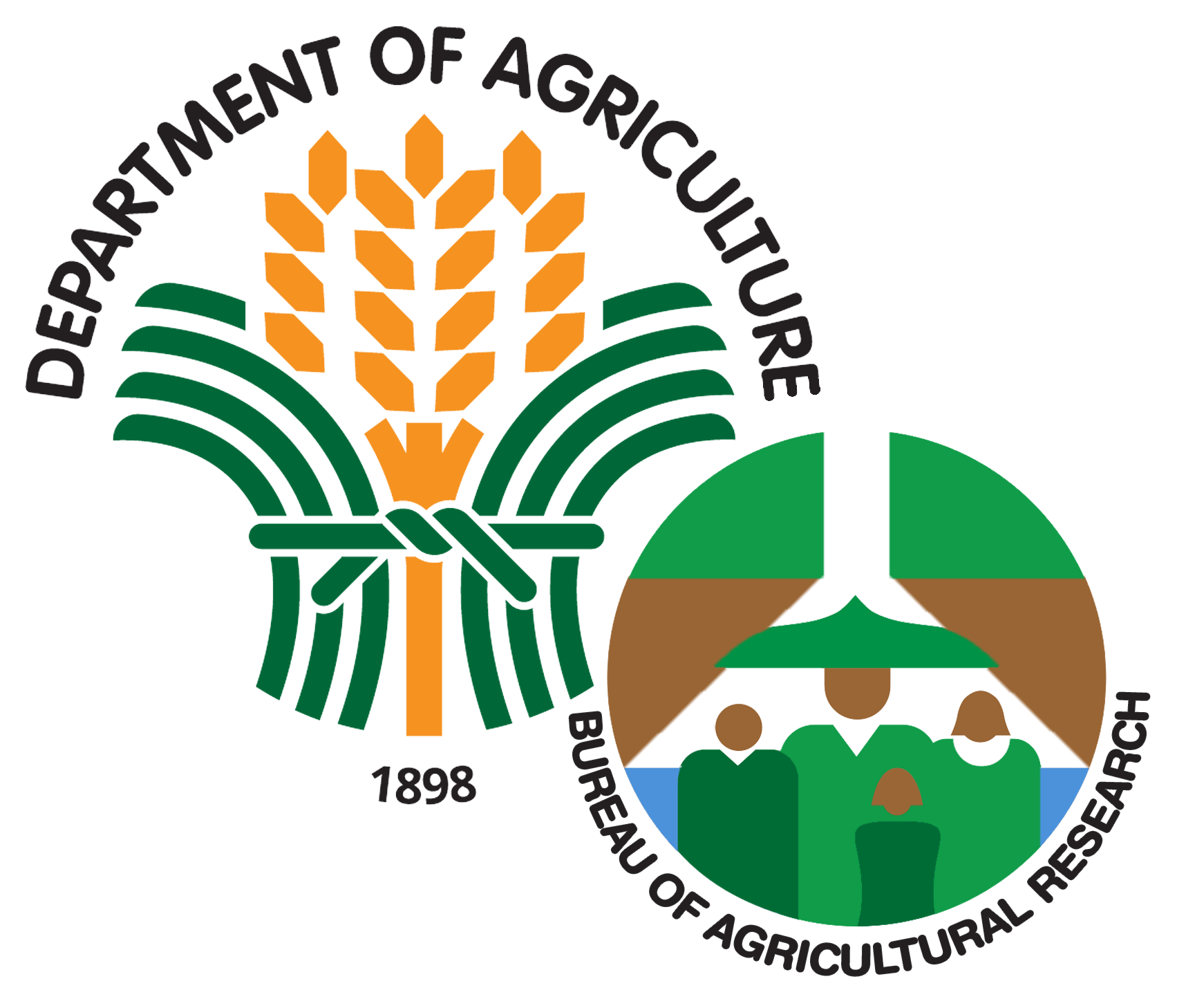Batanes, an island group located approximately 162 kilometers north of the Luzon mainland, was the last province to fall to COVID-19 nearly eight months after the first recorded case in the country. Its people, the Ivatans, have long learned to live in consonance with typhoons. Their deeply rooted culture of resilience and resourcefulness have allowed them to thrive for years, and has greatly helped them amid the pandemic that pushed the reset button for everyone else.
When the tourism industry started to wane due to the extended series of lockdowns, the people of Batanes did not wait for help to put themselves back up. They turned to other income-generating activities to keep their families afloat.
During that time, DA intensified the efforts to ensure the food supply across the country. One of the strategies implemented is to increase the national agriculture and fisheries output through intensified use of quality seeds and appropriate inputs. This led to an unusual increase in the demand for quality planting materials as people were also encouraged to plant their own food in their backyards.
In line with this, DA-BAR funded 26 projects across the country to support the mass production of quality planting materials of selected high value crops. One of these projects was implemented by DA-Cagayan Valley-Research Division in collaboration with DA-Batanes Experiment Station from July 2020 to June 2021.
The said project was conducted in six municipalities of Batanes, namely Basco, Itbayat, Ivana, Mahatao, Sabtang, and Uyugan. Ten farmer-partners from each municipality were given a total of 11kg of assorted upland vegetables (cabbage, lettuce, bell pepper, sweet pepper, squash, and tomato), 557.5kg of assorted legumes (string beans, snap beans, peanut, and mungbean), and 300 bags of organic fertilizers. Two technology demonstration sites in each municipality, that is one per barangay involved, were also established.
Most of the farmer-partners are planting vegetables for self-sustenance. They were trained on organic vegetable production, seedling production, and use of organic pesticide and fertilizer.
“Marami kaming natutunan na technique, paano ‘yong dapat gawin, anong fertilizer ang ina-apply. Hindi gaya noon na basta magtanim ka lang,” shared farmer-partner Catalina F. Laurel of Mahatao, Batanes.
Through the project, she learned the proper cultural and pest management of various vegetables, as well as making organic concoctions and identifying the right parts of the plant that can be used as a planting material for the next cropping. As of writing, Laurel is selling the good quality vegetables through an online messaging application, and others are consumed in their household.
Meanwhile, farmer-partner Sabina F. Alcon of Mahatao shared when asked how the project helped her during the height of the pandemic, “Malaking tulong kasi dito lang kami sa bukid. Hindi kami pinapapunta sa bayan, tutok lang kami sa bukid. Hindi masyadong mabili ‘yong gulay namin no’ng pandemic pero hindi [na] kami bumibili [ng pagkain noon]. ‘Yan ang maganda sa amin, ang binibili lang namin dito ay bigas.”
Alcon shared that the vegetables she plants are mostly consumed in their household. Any excess is sold at their store. But if left unsold, she distributes it for free to those who are interested.
Among the 60 farmer-partners of the project was Jose J. Javier Jr. of Ivana, one of the long-standing farmer-partners of DA-Cagayan for the past 15 years. Aside from sharing what he has learned through the project, he also expressed his gratitude toward the said project, and the previous DA projects that helped uplift his farm productivity.
“Maraming salamat sa DA [para sa] pagbibigay ng seeds, [seedling] trays [at iba pang inputs at kaalaman]. Kung hindi siguro dahil sa DA, hind ko mapagtatapos ng pag-aaral ang apat kong anak,” he mused as he ended his story.
Farmer-partners are expected to continuously produce quality seeds and seedlings to be distributed to other farmers. DA-BES and the local government units (LGUs) are likewise expected to sustain the nursery production of these vegetable seedlings.
“Ang DA-BES at LGUs ay continuous na nagpo-produce ng mga assorted na open pollinated varieties tulad [ng naging strategy natin sa proyekto]. Nagkaroon ng agreement with the provincial LGU then down to the municipal LGU to produce open pollinated varieties, hindi ‘yong hybrid,” said DA-BES chief Dr. Richard Q. Paddayuman.
For more information:
Chonalyn A. Pascua
DA-Cagayan Valley
research.rfo2@da.gov.ph
(078) 304-0479/304-0205
Dr. Richard Q. Paddayuman
DA-BES
bes.rfo2@da.gov.ph


